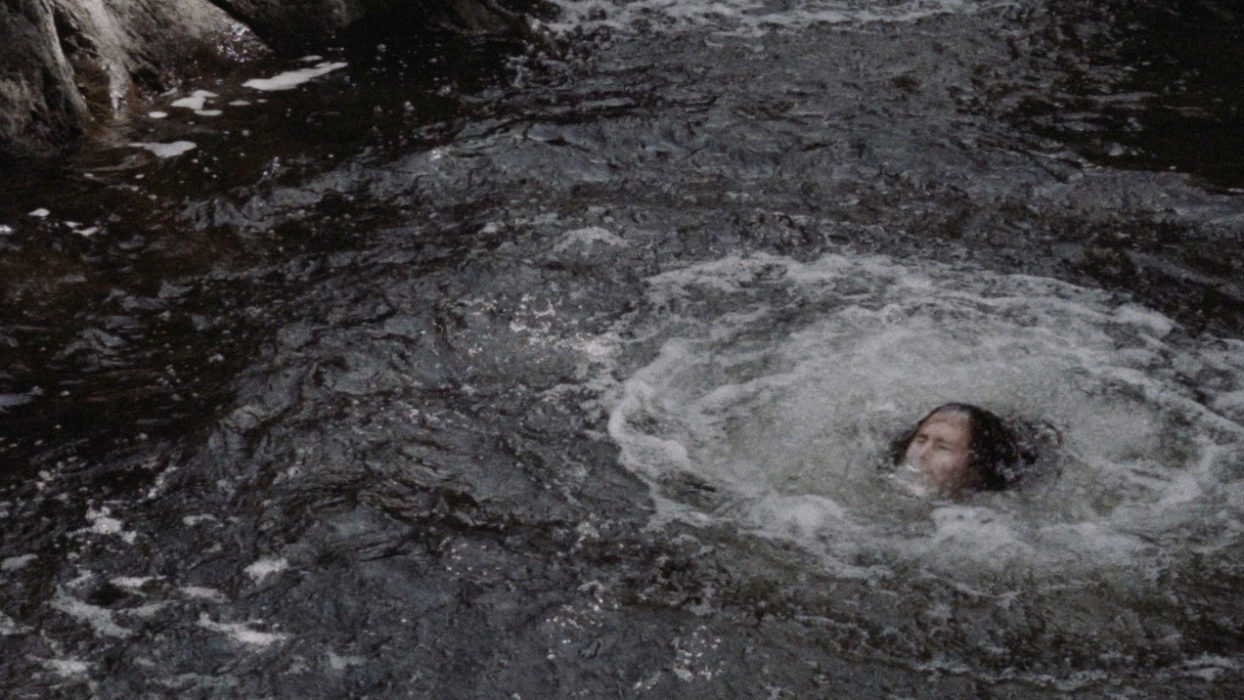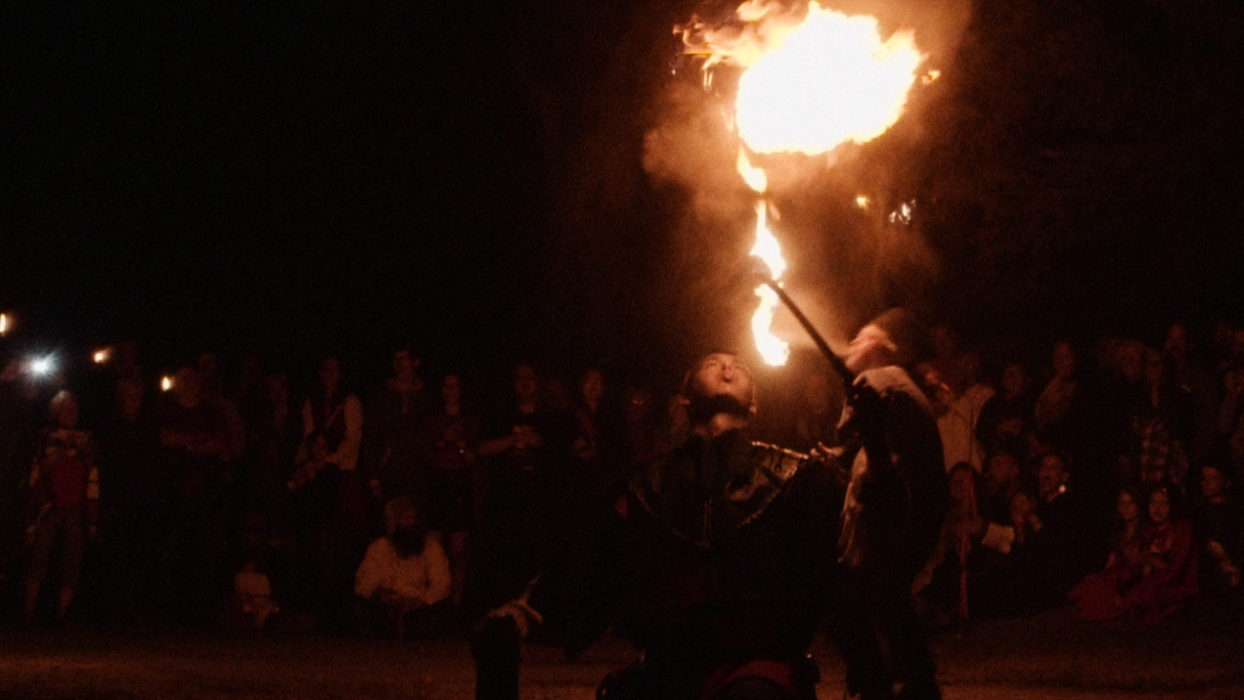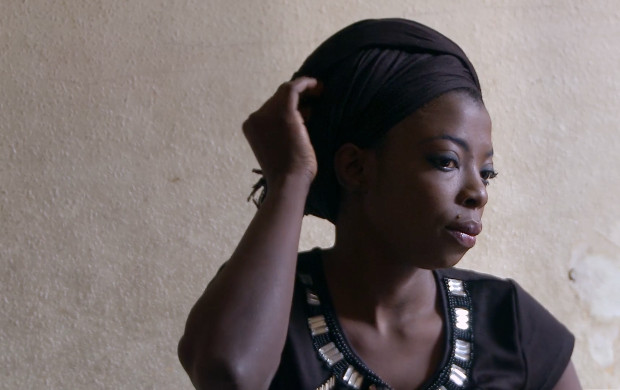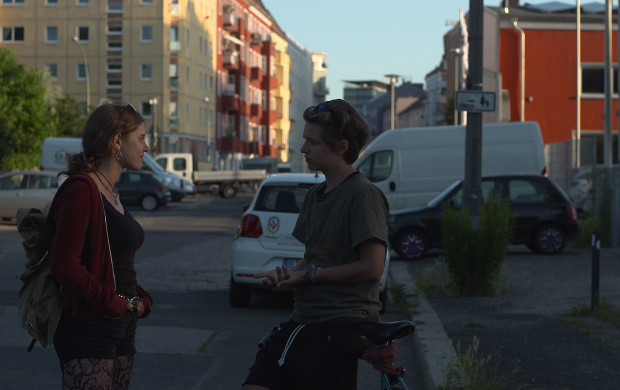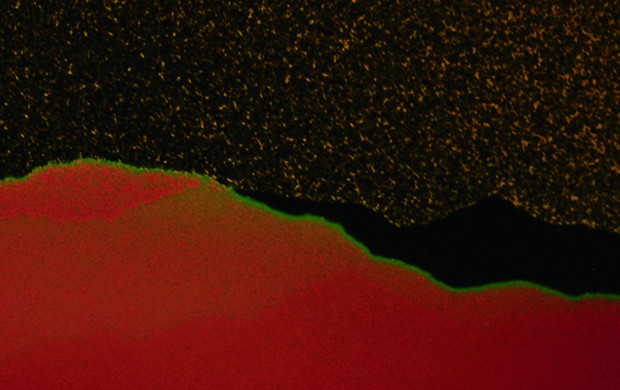Armour
- 2020
- Portugal, Canada
- 30 min
Hector’s father was sick and died. His girlfriend left him for an older guy, went back to her parents house taking their eleven-year-old son to meet his new dad. Hector was drunk-stiff. He happened to be wearing a light-cavalry armour he had borrowed from a paramedic he knew. There was a medieval party going on and the town was on fire.
Hector finds himself alone, mourning his father and missing his son who has been whisked away by his former girlfriend. This is what we learn from the title cards that introduce the wanderings of Armour, a spiralling path through the towns of east Quebec and their surroundings, along the banks of the Saint-Laurent river. Sandro Aguilar captures with astounding grace a sublimely banal world: small houses in monotonous suburbs as night falls, forests waking up, blue nights, streams under bridges and people passing by. Where do these bit players come from? Who are they writing to? Are they angry, drunk or appeased? Indicating places with titles, the film furtively imagines their stories. But the journey that is depicted shot by shot, is it Hector’s? The indications mislead rather than guide, and take us into an enigmatic filmed diary. What, in fact, does it tell us about Hector? Is it his environment that is expanding? The one that has made him as he is? Or is it the itinerary of his floating gaze? A solitary car drives out of the forest at dawn, telephone booths come to life, suddenly a worrying suspense comes to nestle in the boredom. And all this sad gentleness seems to tell us that Hector is going to explode. Despite the bleak, bare suburbs, symptoms of a locked world, under the strolling armour, a large disillusioned fire is leading to an imminent disaster. Armour is a strange country, in suspended time, where a man has lost his way.
Clémence Arrivé
- Production : Sandro Aguilar, Luis Urbano (O Som e a Fúria), Valérie Mongrain (Paraloeil)
- Cinematography, editing : Sandro Aguilar
- Sound : Robin Servant, Nicolas Lachapelle

